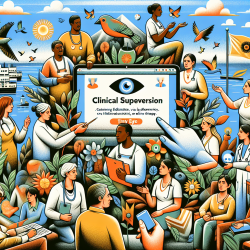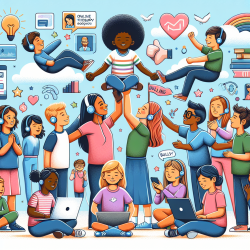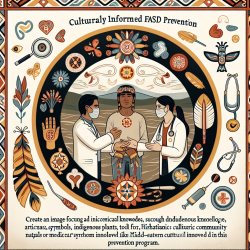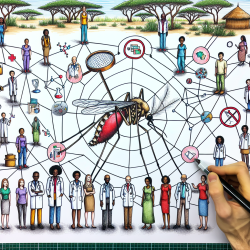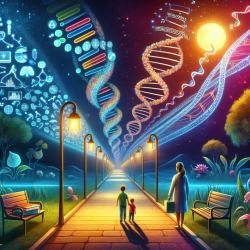Understanding Food Insecurity: Lessons from COVID-19 and Climate Change
The COVID-19 pandemic has exposed numerous vulnerabilities in our society, particularly highlighting the challenges faced by women in terms of food insecurity. This blog post delves into the findings of the research paper titled "COVID-19’s Impact on American Women’s Food Insecurity Foreshadows Vulnerabilities to Climate Change" and offers insights into how practitioners can enhance their skills by understanding and addressing these issues.
Key Insights from the Research
The research underscores the interconnectedness of various socio-economic factors that contribute to food insecurity among women. These include economic disparities, gender-based violence, and systemic sexism. The pandemic has amplified these issues, making it crucial for practitioners to comprehend the broader implications and prepare for future challenges posed by climate change.
Strategies for Practitioners
- Economic Empowerment: Encourage initiatives that support women's economic independence, such as entrepreneurship and access to fair wages and benefits. This can buffer against food insecurity by providing women with the financial means to secure adequate nutrition.
- Advocacy for Policy Change: Advocate for policies that address gender pay gaps and provide support systems for women, such as child care and elder care services. These measures can alleviate the burden on women, allowing them to focus on securing food and other necessities.
- Building Resilience: Promote resilience-building programs that prepare communities for the impacts of climate change. This includes education on sustainable practices and community-based support networks that can offer assistance during crises.
Encouraging Further Research
Practitioners are encouraged to delve deeper into the research to explore the nuanced relationships between gender, economic status, and food security. Understanding these dynamics can lead to more effective interventions and support systems that mitigate the impacts of both pandemics and climate change.
To read the original research paper, please follow this link: COVID-19’s Impact on American Women’s Food Insecurity Foreshadows Vulnerabilities to Climate Change.



